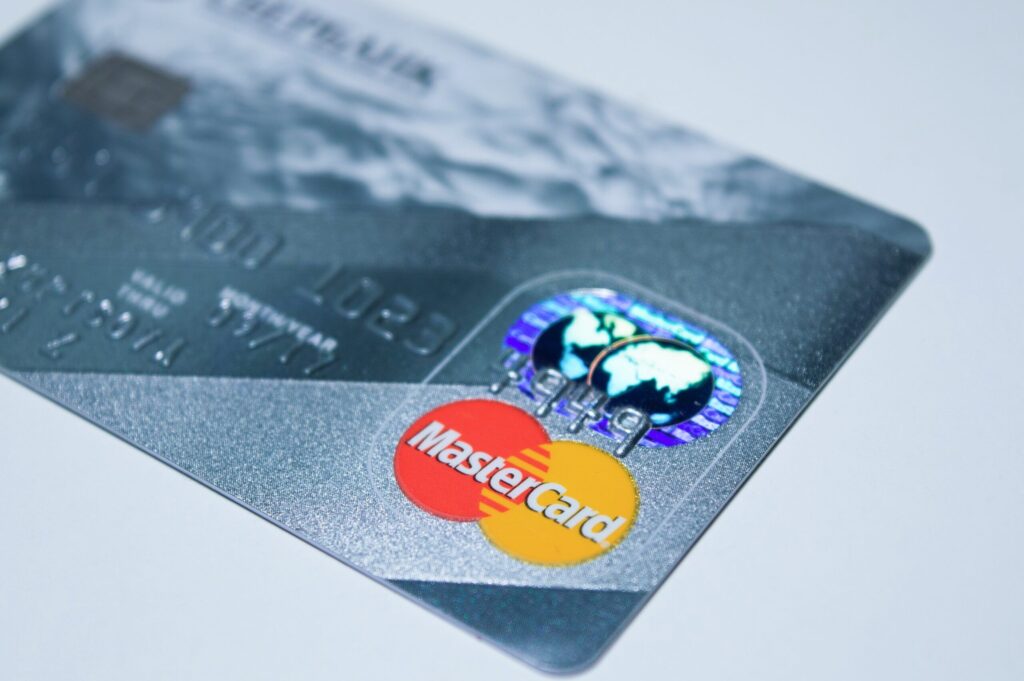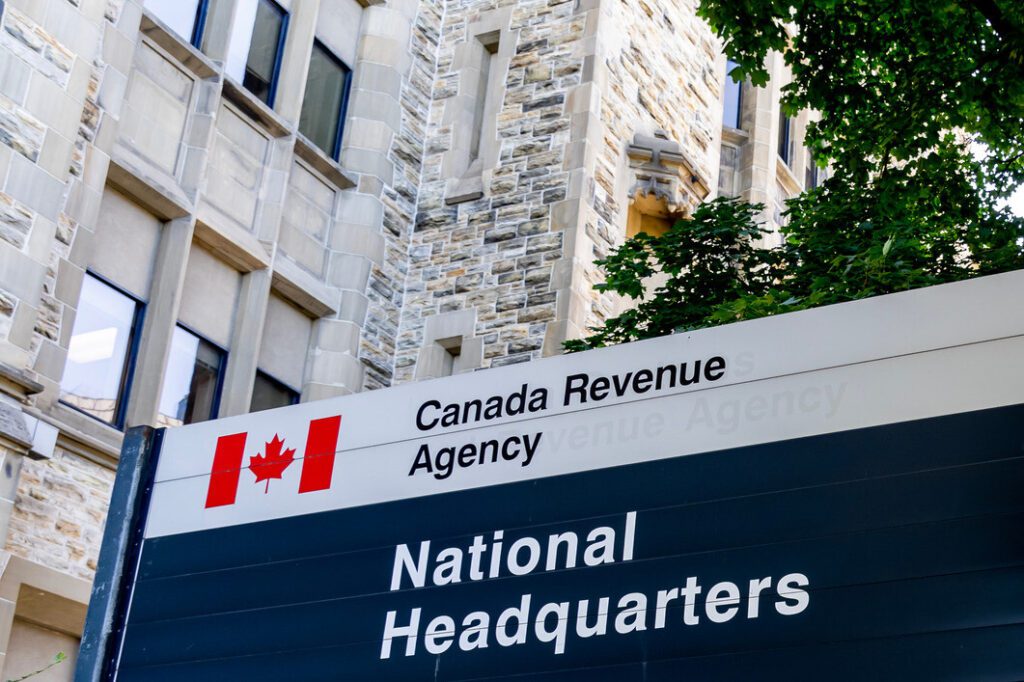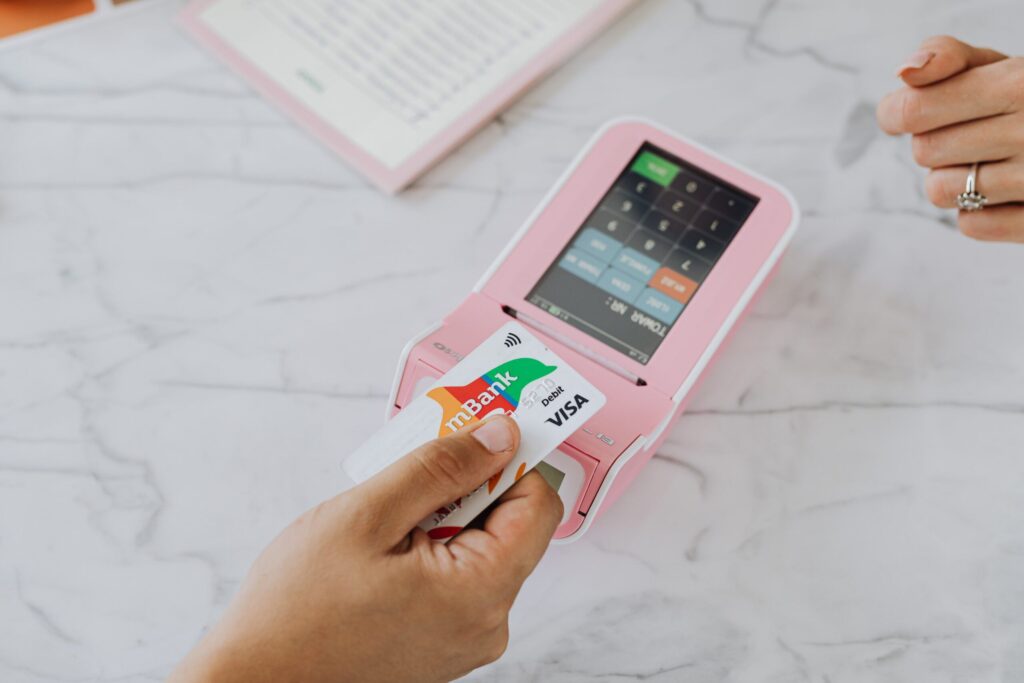There is a common misconception in Canada that all types of debt is bad. Good debt, however, is such a thing – provided you take on loans with a goal of investing in the future or learning new skills, it can be a wise move. Consumer loans are important in helping many Canadians to achieve their financial goals and fulfil their aspirations. They might help you to buy a home, purchase a vehicle, or even consolidate high interest credit card debts. Provided consumer loans are used wisely, they can help you to meet specific needs. In this article, we explore the different types of consumer loan and how to use them. By using them responsibly, you can feel empowered to make sensible financial decisions and manage your resources effectively.
Types of loan structure
Before taking out a loan to meet a financial goal you might have, it is important to understand the different types of loan structure and how it might affect using your loan, your repayments, and the consequences for not repaying your debts. There are four types of loan category in Canada:
- Secured loans – a secured loan requires you to pledge collateral in the form of assets, property, or cash. If you fail to repay the loan, your lender has the right to claim against these assets. A common example is a mortgage, in which your house is potentially at stake if you fail to make your repayments. A key advantage of a secured loan is that it usually has a lower interest rate because of the security deposit.
- Unsecured loans – unsecured loans do not have collateral attached. They present a higher risk to the lender, and there is less consequence if you happen to default on the loan. This usually results in higher interest rates for borrowers.
- Revolving loans – revolving loans are debts you can continually borrow from and repay as long as the account remains alive. You will usually have a set limit for the amount you can borrow at any given time. An example of this is credit card or line of credit.
- Instalment loans – instalment loans are a lump sum figure that you borrow once and repay in regularly payments until it is repaid in full. Examples include personal loans, car loans, and mortgages.
Types of consumer loan in Canada
There are plenty of different types of consumer loan available, each with different rules and restrictions that make them work for different purposes. Here are the most common types of consumer loan in Canada:
Personal loans
Personal loans can be used for a whole range of different things, from debt consolidation to covering emergency expenses. Most often, they come with a fixed interest rate and repayment terms. Before you apply for a personal loan, you should carefully consider your finances and make sure that you can comfortably manage your repayments each month.
Car loans
Car loans allow Canadians to buy vehicles while spreading out the cost over a predefined period of time. Car loans usually have fixed interest rates and allow Canadians to gain a car of their choice without paying a huge sum upfront. It is a good idea to assess different products from different lenders to find the most competitive rates and terms to suit your financial circumstances.
Mortgages
A mortgage is a long-term loan designed to help Canadians buy real estate, primarily homes. Mortgages can have fixed or variable interest rates and might be spread out across several years. Potential homebuyers should assess their financial stability, calculate down payments, and research lenders for the most favorable mortgage terms.
Student loans
Student loans provide financial support to individuals pursuing higher education. In Canada, government-sponsored loans and private loans are available. Government loans often have more flexible repayment terms and lower interest rates. It’s crucial to borrow responsibly and consider your future earning potential when taking out student loans.
Credit cards
Credit cards allow individuals to buy things using revolving credit. Failing to pay off the balance by the due date can lead to high-interest charges. Responsible credit card usage means making timely payments and keeping balances manageable to avoid accumulating debt.
Lines of credit
A line of credit is a flexible borrowing option that allows borrowers access to a predetermined credit limit. Interest is only charged on the amount borrowed. Lines of credit can be used for various purposes, such as home renovations or emergencies.
Debt consolidation loans
A debt consolidation loan is usually an unsecured instalment loan that is taken out in order to condense multiple high-interest rate debts into one. As well as simplifying payments into a singular affordable monthly payment, debt consolidation loans usually have a lower interest rate. They can help you to avoid missing payments, and to encourage you to pay down your debt faster.
Payday loans
Payday loans are intended to be short-term, high interest rate instalment loans offered by private lenders. Although originally meant to provide a quick solution for cash flow issues in between paycheques or to aid with emergency expenses, it can be a predatory loan that traps consumers in a cycle of debt. The interest rate on a payday loan can be up to a staggering 400% a year, so they should be taken out with extreme caution.
How to use consumer loans wisely
While many Canadians may access consumer loans, it is incredibly important to be sensible when borrowing. While debt can be a useful tool to help you achieve your financial goals, they do also involve substantial financial risks. You should review your budget carefully and make sure you can manageably afford your monthly payments. Here are some steps we recommend to ensure you use your consumer loans wisely:
- Review your needs – before taking out a loan, assess whether or not you truly need the expense. Think about whether or not the loan aligns with your short-term and long-term financial goals. If not, do not pursue taking on the debt.
- Create a budget – creating a comprehensive budget that includes your income, expenses, and potential loan payments will help you to determine how much you can afford to borrow and repay.
- Compare product offerings – it is important to research multiple different lenders to compare interest rates, terms, and fees associated with different loan options. This research can save you money in the long run.
- Understand the terms and conditions – you should carefully read and understand the terms and conditions of any loan you are considering taking out. Pay attention to interest rates, repayment schedules, and any potential penalties or fees before agreeing to any loan.
- Borrow responsibly – make sure to borrow only what you need and can comfortably repay. Avoid the temptation to take on excessive debt that could strain your financial wellbeing.
- Build your credit – responsible loan repayment can have a positive impact on your credit score. Timely payments enhance your creditworthiness, which can lead to better loan terms in the future. At Spergel, we have help you to rebuild your credit.
- Create an emergency fund – with any funds you have aside once your bills and essential expenses have been paid, you should begin building an emergency fund to cover unexpected expenses. Relying on loans for emergencies can lead to financial stress.
- Communicate effectively – if you encounter difficulties making loan payments, communicate your situation with your lender. Some lenders may offer financial hardship programs or options to restructure your loan.
- Prepay – if possible, consider making additional payments to reduce the principal amount and save on interest over your loan’s life.
When used appropriately, the different types of consumer loan on offer in Canada can help you to achieve your financial goals. If, however, payments are missed, debt and interest can quickly accumulate. If you are considered about the debt you owe, or keeping on top of your monthly payments, book a free consultation with Spergel. Our expert Licensed Insolvency Trustees are here to support you on your journey to debt relief, no matter what your financial circumstances.



















